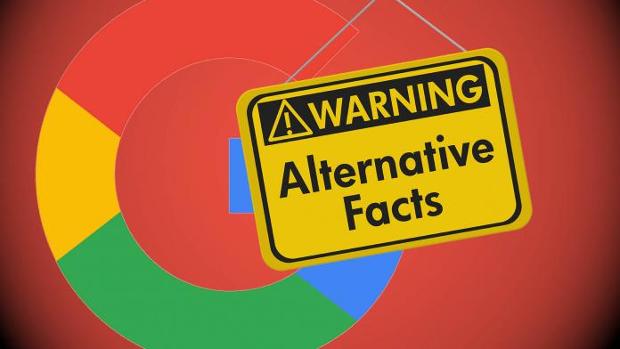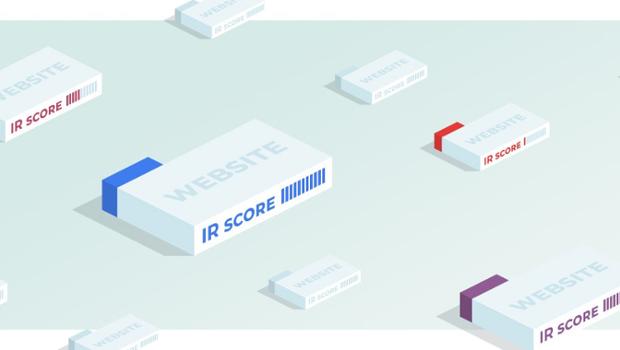Google against suspicious content
Google added a new section to the guide for assessors. Now they will have to mark offensive content and false information in the search results. These data are then used to train the algorithms search engines to identify such content.
The new initiative is designed to prevent questionable content in the top of search results.
The new label Upsetting-Offensive will be assigned the following results:
- Content that promotes hate and violence against groups of people based on criteria such as race or ethnicity, religion, nationality or citizenship, disability, age, sexual orientation, or veteran status;
- Content with racist insults or extremely offensive terminology;
- Graphic images of violence, including cruelty to animals and children;
- Full instructions on activities that are harmful (for example, on the topic of trafficking or violence);
- Other types of materials that users in a particular region can be taken as extremely offensive or upsetting.
The tag Upsetting-Offensive does not mean that these results will be immediately reduced or blocked. These data will be used for machine learning. The goal is to help Google to automatically detect such content.
When content is flagged by the algorithms, then it will not appear for any searches involving the provision of General information. For example, if a user asks whether there was a Holocaust, he is unlikely to see sites that deny this phenomenon.
If Google determines the user's intent as a desire to fully understand this question, it will provide all the results.
Google said that at present the new section is tested on a limited sample assessors. The thus obtained data has already been used to make changes to the ranking algorithm in December 2016. This update was intended to reduce the amount of abusive content that appears on such queries as 'When was the Holocaust'.
According to senior engineer of the Department of quality search Google Paul Haahr, the results are not yet perfect. But the company hopes that in the future they will be able to achieve significant improvements.
Haar noted that assessors have helped Google to improve the algorithms in other areas. He is sure that they will also help the search engine to detect fake news and controversial results.








